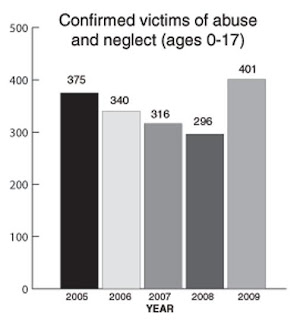 Berrien and Cass counties rank in the bottom third of Michigan counties when it comes to health, according to a national study released today.
Berrien and Cass counties rank in the bottom third of Michigan counties when it comes to health, according to a national study released today.And the news offers little surprise for the area's public health officials.
"The No. 1 contributor to your health is your wealth," said Dr. Frederick Johansen, medical director for the Berrien County Health Department.
And Cass and Berrien are not rich counties.
The Robert Wood Johnson Foundation and the University of Wisconsin Population Health Institute did the nationwide study for the year 2010. It shows that Ottawa County (Holland) is Michigan's healthiest, while Clare County in central lower Michigan is its least healthy.
Berrien ranks 65th, and Cass 59th. Van Buren County ranks 51st, and Allegan 21st.
Theresa Green, the Berrien County Health Department's director of health planning, said the study is important because of the broad range of factors used in ranking counties.
The study analyzed socioeconomic factors, behavior, access to clinical care and environment - ranging from air quality to the number of liquor stores per 10,000 people.
www.heraldpalladium.com/articles/2011/03/30/local_news/4106095.txt

















